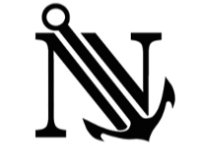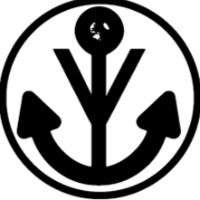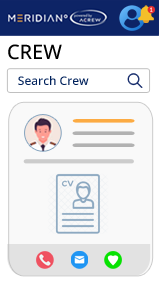
- LocationNewport, RI, USA
- Salary7000-8000
- Vessel Length111' to 144' (34 to 44 meters)
- Vessel FlagForeign (Non-US)
Have you ever seen a luxury yacht glide across the water and wondered how it keeps up for weeks at sea? Luck has nothing to do with it. Behind the scenes are skilled engineers who work tirelessly to keep everything in perfect working order. From power systems to plumbing, a yacht engineer is adept at fixing whatever breaks at sea. Yacht engineers go beyond the call of duty. It's not just a job, it's a lifestyle. Yacht engineers are the heartbeat of every vessel. Whether it's a private yacht or a massive superyacht, a vessel can't function without them. They ensure guests enjoy both comfort and safety. At Meridian, we connect proven professionals to available engineering yacht jobs. From entry-level positions to top-tier superyacht engineer jobs, there's a place for everyone with the right skills. If you like solving problems and fixing things while on the move, this might be the path for you.
Are you looking for the most recent yacht engineer job vacancies? You're in the right place. Meridian posts the most up-to-date yacht engineer opportunities from all over the world. Whether you want entry-level roles or chief engineer yacht jobs, we update the listings regularly. Our platform is built to get you seen, shortlisted, and hired. This is why engineers everywhere choose Meridian first. Ready to find your next yacht engineer job? Explore our latest engineer yacht job opportunities below.


































































Join for free in under two minutes. Instantly get discovered by hundreds of employers hiring yacht crew, receive job alerts tailored to you, and apply for opportunities around the world.

Upload your CV to create your account. If you'd like, you can also add qualifications and references.

Employers can find and contact you directly using keyword search, just like Google.

Apply through our job alert emails or directly from our website.
You love engines. You love solving problems. You enjoy fixing things that others give up on. Yacht engineering might be your perfect match. At Meridian, we post real jobs for people who love to work with their hands and minds. What roles are available for you?
Every day onboard brings a new challenge, especially when you are the yacht’s problem-solver. Here are just a few of the responsibilities you might encounter in your new role:
At Meridian, we connect skilled engineers to the right yacht jobs daily.
Before you apply, let’s talk about the certifications you need to step aboard as a yacht engineer. These aren’t just pieces of paper. They can open the right doors at the right time.
At Meridian, we post real jobs from real captains. These qualifications are what they look for in an engineer. Start with the proper papers, and then go full throttle.
There is room to grow rapidly in this career.
At Meridian, we post the latest jobs. Start small. Grow big. We are here for every step of the journey.
Stand out before you even step on deck. Here's how.
At Meridian, we not only help you discover your next job, but your next adventure. Join for free today.